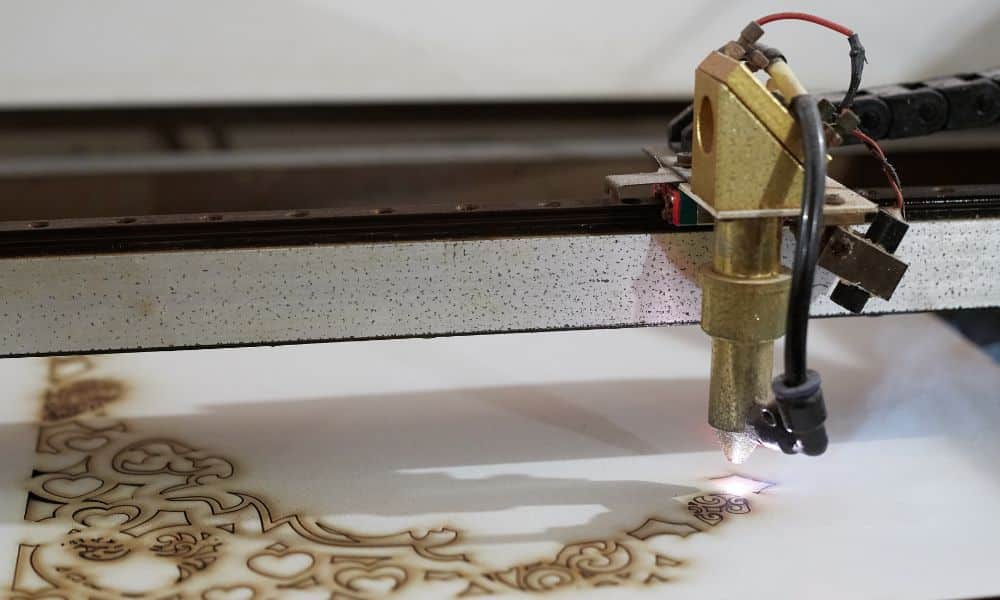5 Materials You Can Mark with Laser Marking Machines

When it comes to precision and permanence, few marking techniques compare with the pristine results of laser marking. Another benefit of laser marking is its versatility and applicability to many different types of materials. Below, we’ll explain some common materials you can mark with laser marking machines.
Common Laser Marking Materials
Metals
Metals have been a central pillar of industries for centuries. They’re also some of the most compatible materials for laser marking. Common metals include stainless steel, aluminum, iron, nickel, and titanium. Due to the high contrast and durability the process provides, they’re marked for various reasons, such as to display coded information for tracking or branding.
Plastics
The flexibility, cost-effectiveness, and wide variety of plastics available make this material the perfect candidate for laser marking. Marking on plastic can range from aesthetic engravings on cell phone cases to essential markers on medical devices, where precision and biocompatibility are critical.
Glass
The precision of laser marking on glass makes it a favorite for the pharmaceutical and beverage packaging industries. Whether etching a batch number or a company logo, laser marking on glass provides a sleek, permanent mark that can withstand sterilization processes and harsh environmental conditions.
Ceramics
Laser marking reaches the heart of ceramic’s appeal—hardness and heat resistance. These qualities make laser-etched ceramics suitable for high-temperature applications, such as engine parts and cookware, without compromising the material’s integrity.
Wood
Customization, branding, and artisanal value are the driving forces behind laser marking wood. It provides a sterile, non-toxic marking method, contrary to traditional inks, and allows for intricate designs on products, from furniture to musical instruments.
Applications in Different Industries
Due to the many materials you can mark with laser marking machines, the practice applies to many industries. Industries leveraging the power of laser marking include:
- Aerospace: Marking of components with traceable information for safety and compliance
- Automotive: Highly resistant marking for parts exposed to extreme conditions
- Electronics: Precision marking for circuit boards and delicate electronic components
- Medical devices: Sterilization-safe markings for surgical instruments and implants
- Jewelry: Detailed and custom engravings for personalization and branding
- Manufacturing: Asset tagging and inventory management through barcodes and QR codes
Best Practices for Laser Marking
Ensuring optimal marking performance requires meticulous surface preparation, where cleanliness is paramount. Any residue on the target material may interfere with the laser’s functionality, potentially compromising the quality of the mark. Once the surface is prepped, fine-tuning the laser settings is critical. This involves adjusting the speed, power, frequency, and focus to suit the material’s specific characteristics, achieving precision and minimizing energy consumption.
Establishing rigorous quality control measures is equally essential. Utilizing high-resolution cameras for real-time inspection and standardized tests post-marking ensures every product maintains the highest clarity and durability standards and meets regulatory compliance.
Make Your Mark With Tri-Star Technologies
If you’re interested in laser marking technology for your application or process, Tri-Star Technologies is here to help. Our inventory includes top-of-the-line laser marking equipment for numerous materials and applications. Browse our selection to learn more, or contact our staff with any questions.


